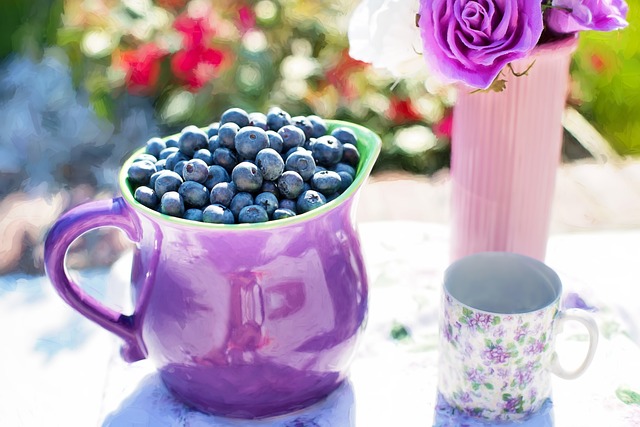Probiotics 101: Your Ultimate Guide to Boosting Immunity Naturally
Probiotics have gained immense popularity in recent years for their potential health benefits. These live microorganisms, often referred to as “friendly bacteria,” are known to promote a healthy gut and improve overall well-being. In this article, we will explore the world of probiotics and how they can help boost your immunity naturally.
What are Probiotics?
Probiotics are live bacteria and yeasts that are good for your health, especially your digestive system. These microorganisms are naturally present in your body and help maintain the balance of beneficial bacteria in your gut. While bacteria are often associated with illness, certain types of bacteria are actually beneficial and can support various bodily functions, including digestion and immune function.
The Benefits of Probiotics
Probiotics offer numerous benefits, with boosting immunity being one of the most significant. By promoting a healthy balance of bacteria in your gut, probiotics strengthen your immune system’s ability to fight off harmful pathogens. The gut is home to a large portion of your immune cells, making it crucial to maintain a healthy and diverse gut microbiota.
In addition to supporting immunity, probiotics have been linked to improved digestion and nutrient absorption. They help break down food, produce essential vitamins, and prevent harmful bacteria from thriving. Probiotics may also aid in reducing inflammation and supporting mental health.
Food Sources of Probiotics
Probiotics can be found naturally in certain foods. Including these probiotic-rich foods in your diet can help maintain a healthy balance of gut bacteria:
- Yogurt: Look for yogurt that contains live and active cultures. Greek yogurt, in particular, is a good source of probiotics.
- Kefir: This fermented milk drink is packed with probiotics and also contains other essential nutrients.
- Sauerkraut: Made from fermented cabbage, sauerkraut is a great source of probiotics and vitamins.
- Kimchi: A traditional Korean dish made from fermented vegetables, kimchi is known for its probiotic content.
- Tempeh: A fermented soybean product, tempeh offers a variety of probiotic strains along with valuable nutrients.
- Miso: This traditional Japanese seasoning is made by fermenting soybeans and is rich in probiotics.
Choosing a Probiotic Supplement
If obtaining probiotics through food sources is challenging, you can opt for probiotic supplements instead. When choosing a probiotic supplement, consider the following factors:
- Strain diversity: Look for a supplement that offers a variety of bacterial strains to promote a diverse gut microbiota.
- CFU count: CFU, or colony-forming units, indicate the number of viable bacteria in a supplement. Higher CFU counts are generally considered more effective.
- Survivability: Probiotics need to survive the journey through your digestive system to be effective. Choose a supplement with a protective coating or enteric capsules to ensure survivability.
- Quality and reputation: Select supplements from trusted brands with a good reputation for safety and quality.
Tips for Incorporating Probiotics into Your Lifestyle
To maximize the benefits of probiotics, consider the following tips for incorporating them into your lifestyle:
- Start slowly: Introduce probiotic-rich foods or supplements gradually to allow your body to adjust.
- Be consistent: Consume probiotics regularly to maintain a healthy balance of gut bacteria.
- Combine with prebiotics: Prebiotics are non-digestible fibers that promote the growth of beneficial bacteria. Pairing probiotics with prebiotic-rich foods like garlic, onions, and bananas can enhance their effectiveness.
- Stay hydrated: Drinking an adequate amount of water is essential to support the growth and activity of probiotics in your gut.
- Manage stress: Chronic stress can negatively impact your gut microbiota. Engage in stress-reducing activities like meditation, yoga, or regular exercise.
Consulting Your Doctor
While probiotics are generally safe for most people, it’s always a good idea to consult your doctor before starting any new supplement regimen, especially if you have specific health concerns







